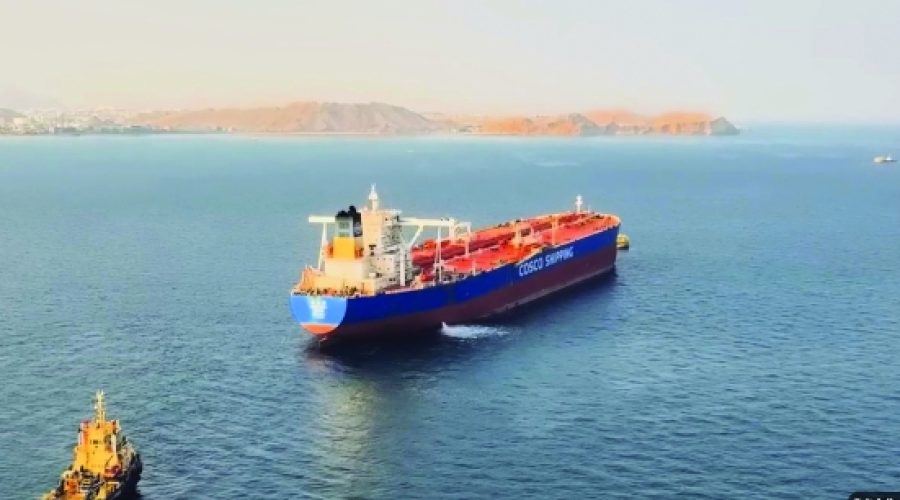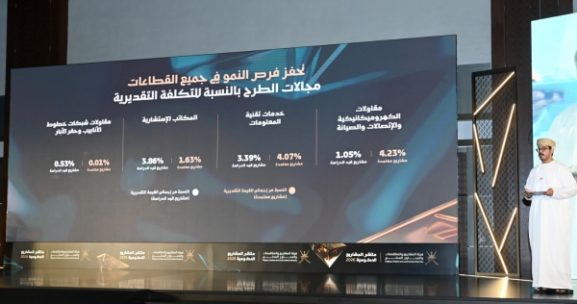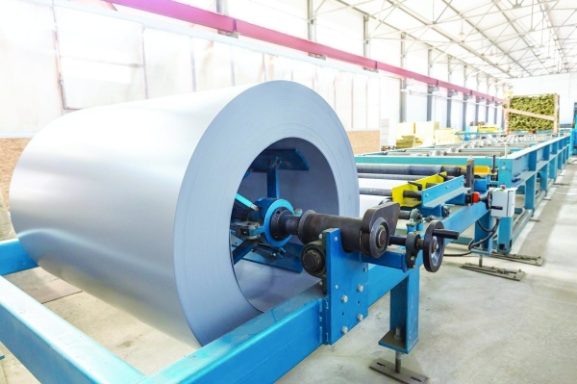OPEC+ Production Adjustment: What It Means for Energy Investors and Businesses in Oman
MUSCAT – The recent decision by eight OPEC+ countries, including the Sultanate of Oman, to implement a production adjustment of 547,000 barrels per day (bpd) has been lauded as both “sound” and “timely” by a leading Omani energy expert.
Ali al Riyami, a former senior official at Oman’s Ministry of Energy and Minerals, praised the move, highlighting that it coincides with low global oil inventories, stable market conditions, and strong demand.
Earlier this week, OPEC announced that the eight OPEC+ countries—the same that enacted voluntary output cuts in April and November 2023—held a virtual meeting to reaffirm their commitment to maintaining market stability. The decision was based on what the group described as “healthy oil market fundamentals” and a “steady global economic outlook.”
Along with Oman, the countries involved in this adjustment are Saudi Arabia, Russia, Iraq, the UAE, Kuwait, Kazakhstan, and Algeria.
OPEC stated, “Considering the steady global economic outlook and current healthy market fundamentals, as evidenced by low oil inventories, and following the December 5, 2024 decision to gradually and flexibly phase out 2.2 million bpd of voluntary output cuts from April 1, 2025, the eight participating countries will reduce production by 547,000 bpd in September 2025 compared to the required August 2025 levels.”
The cuts will be implemented in four monthly increments. OPEC added that this phased approach remains flexible—allowing for pauses or reversals depending on evolving market conditions—to continue supporting oil market stability.
For Oman, the required production level in September 2025 has been set at 801,000 bpd. OPEC also confirmed that these countries have pledged to fully compensate for any excess production since January 2024. The group is scheduled to reconvene on September 7, 2025.
Al Riyami, speaking to Al Arabiya Business, emphasized the strategic timing of the adjustment, especially during the ongoing summer travel and tourism season. He noted that the low inventory levels and market conditions reinforced the decision, calling the accelerated, gradual restoration of volumes over about a year “a very sound move.”
However, al Riyami warned that persistent trade tensions, particularly new US tariffs and sanctions on Russia and Iran, may complicate the outlook. While the market remains stable with strong demand and positive sentiment, uncertainties linger concerning whether major buyers like India and China will continue purchasing oil from sanctioned nations.
Although Oman is not a formal OPEC member, it has long aligned with OPEC’s strategies through its active participation in the OPEC+ alliance. The Sultanate has consistently supported output cut agreements aimed at stabilizing oil markets during periods of volatility, including the COVID-19 pandemic and recent geopolitical disruptions.
Special Analysis by Omanet | Navigate Oman’s Market
Oman’s commitment to the OPEC+ production adjustment presents a strategic opportunity for businesses tied to the energy sector, reinforcing market stability amid low global oil inventories and steady demand. However, entrepreneurs and investors should remain vigilant about geopolitical risks and trade tensions, particularly involving sanctions on Russia and Iran, which could disrupt supply chains and market dynamics. Smart investors should consider leveraging Oman’s aligned position in OPEC+ to capitalize on gradual production increases while monitoring evolving global economic conditions.



